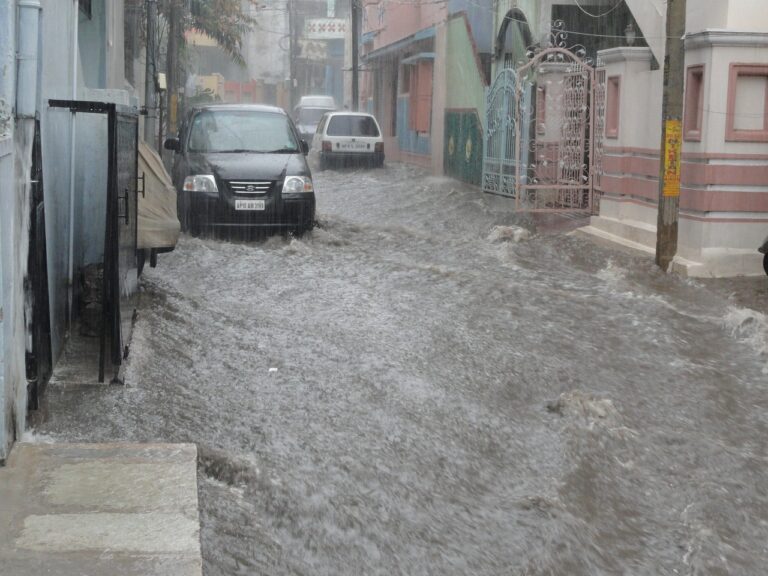Analyzing the Impact of Felony Disenfranchisement on Elections
Felony disenfranchisement laws have a long and complex history in the United States. Dating back to the colonial era, these laws were initially introduced as a means of punishing individuals convicted of serious crimes by stripping them of their right to vote. Over time, these laws evolved and were expanded to include a wider range of offenses, with the justification that those who had committed criminal acts had demonstrated a lack of moral character and should therefore be disenfranchised.
Throughout the 19th and 20th centuries, felony disenfranchisement laws were often used as a tool for suppressing the political power of certain groups, particularly African Americans. Following the Civil War, many states passed laws specifically targeting newly freed slaves, effectively disenfranchising them through the criminal justice system. These discriminatory practices persisted well into the civil rights era, with some states enacting new restrictions to prevent African Americans from exercising their right to vote.
The Disproportionate Impact on Minority Communities
Felony disenfranchisement laws in the United States have had a profound impact on minority communities. Research has shown that these laws disproportionately affect African American and Hispanic individuals, leading to significant disparities in voter representation. The overrepresentation of minorities in the criminal justice system further exacerbates this issue, perpetuating a cycle of disenfranchisement within these marginalized communities.
The consequences of disenfranchisement extend beyond just the individuals directly impacted, affecting the overall political landscape. By disenfranchising minority voters, these laws weaken their collective voice and influence in the democratic process. This lack of representation not only hinders the ability of these communities to advocate for their interests but also skews election outcomes, ultimately undermining the principle of fair and equal participation in the electoral system.
Effects on Voter Turnout and Election Outcomes
Felony disenfranchisement laws have a significant impact on voter turnout and election outcomes. When individuals with felony convictions are unable to vote, it diminishes the overall participation in the democratic process. This disenfranchisement affects not only the individuals directly impacted by the laws but also their communities, leading to reduced representation and influence in elections.
Moreover, the exclusion of individuals with felony convictions from the voting process can sway election outcomes. In many cases, the number of disenfranchised individuals can be substantial enough to potentially alter the results of an election. This raises questions about the fairness and legitimacy of election outcomes and highlights the need for reform in felony disenfranchisement laws to ensure a more inclusive and representative democratic system.
What is felony disenfranchisement?
Felony disenfranchisement refers to laws that restrict or revoke the voting rights of individuals convicted of felony crimes.
How long have felony disenfranchisement laws been in place in the United States?
Felony disenfranchisement laws have been in place in the United States since the early days of the country, with some states implementing these laws as far back as the 19th century.
How do felony disenfranchisement laws impact minority communities?
Felony disenfranchisement laws disproportionately affect minority communities, as people of color are more likely to be convicted of felony offenses and therefore lose their right to vote.
What are the potential effects of felony disenfranchisement on voter turnout and election outcomes?
Felony disenfranchisement can lead to lower voter turnout in affected communities and impact election outcomes, as a significant portion of the population is unable to participate in the democratic process.
Have there been any efforts to reform felony disenfranchisement laws in recent years?
Yes, there have been ongoing efforts to reform felony disenfranchisement laws in various states, with some advocating for the restoration of voting rights for individuals with felony convictions.







